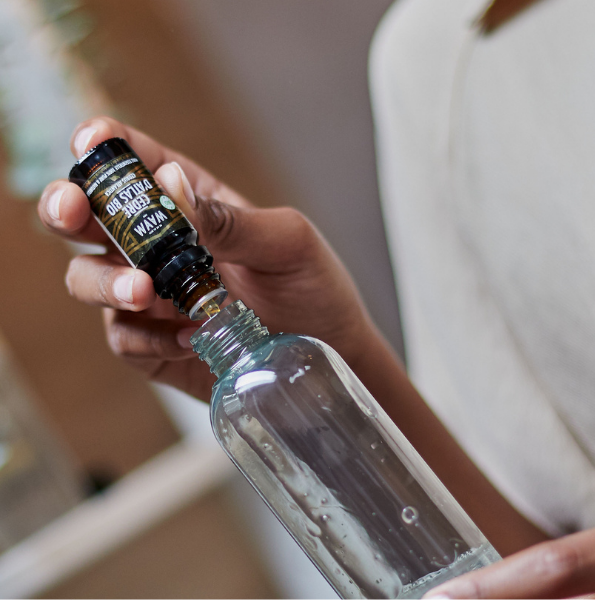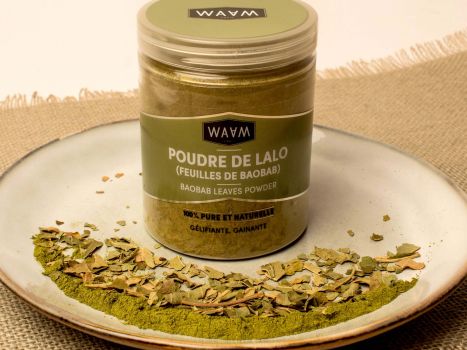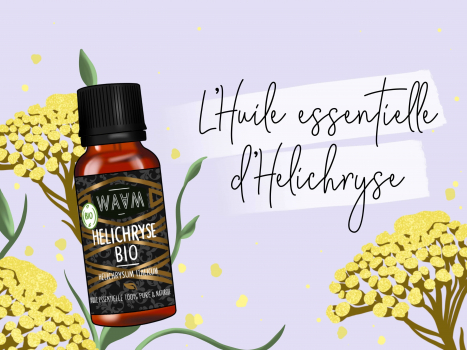How to use essential oils
Essential oils should never be used pure, but diluted or applied to a carrier.
By mouth: Dilute the essential oil on a carrier. Suitable neutral tablets are available, or they can be applied to solid supports such as half a sugar cube or half a teaspoon of honey or vegetable oil. Caution: If you have diabetes, use vegetable oil.
For cutaneous application or massage: For this use, dilute the essential oil in a suitable vegetable oil. In general, 1 to 2 drops of essential oil per tablespoon of vegetable oil is sufficient. However, be sure to ask beforehand, as dosages can vary from one essential oil to another.
As a cosmetic active ingredient: It's perfectly possible to incorporate essential oils into your cosmetic preparations, or into your day or night cream. However, this must always be done cold, at the end of your preparations. And above all, respect the dosage. They should not represent more than 2% of the preparation for a facial treatment and around 5% for a body treatment.
Atmospheric diffusion: Some essential oils can be used with diffusers to purify the air and perfume a room. Please note: some essential oils are not suitable for diffusion. Precautions must also be taken for pregnant women and children. It is recommended not to diffuse essential oils in a bedroom while sleeping, or just before bedtime. Do not diffuse in unventilated spaces. Avoid prolonged diffusion. Keep essential oils out of the reach of children and pets.
Inhalation: in a bowl of hot water or as a dry inhalation on a handkerchief.
In aromatic baths: Always mix with a neutral base before adding to your bath, to avoid them remaining on the surface of the water, as they are not miscible. If they remain on the surface, there is a risk of burns on contact with the skin.
Cooking: Some essential oils can be used to perfume dishes. But only 1 to 2 drops per dish, no more.


.jpg)
.jpg)








